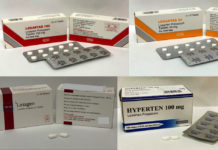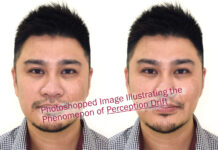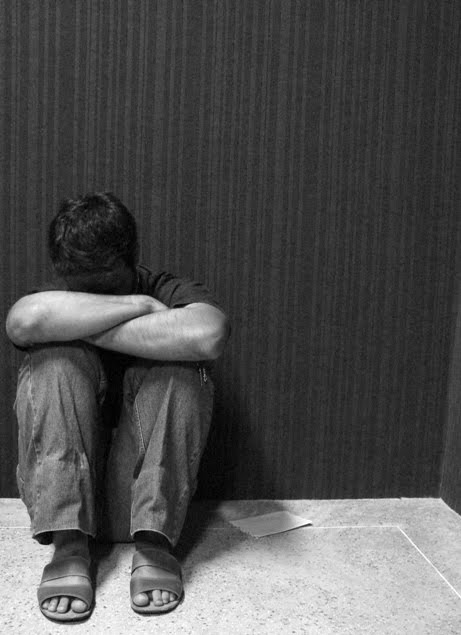It is likely that you have heard of the term ‘Andropause’ – the male version of Menopause, before. Although still a relatively new field, and often surrounded in controversy, Andropause, or Testosterone Deficiency Syndrome (TDS), is a something worth looking into.
Fact or Fiction?
Andropause, or TDS, describes the signs and symptoms associated with declining levels of male hormones (Testosterone) in the older man. Unlike menopause, ‘andropause’ is not recognized by some medical institutions, including the World Health Organization.
However, a growing number of medical professionals recognize the condition of testosterone deficiency in older men, and its associated symptoms and associated impacts on health.
Symptoms, Health Consequences
The most common ways which Testosterone Deficiency present to me are erectile dysfunction, and decreased libido. Problems can span the whole spectrum, including an inability to maintain an erection, an erection which is not as hard as before, decreased libido and lack of early morning erections.
Other symptoms, such as low mood, irritability, insomnia, weight gain and lethargy are usually already present for some time, but unfortunately, these are often seen as being normal and part of aging. It is only when affected men are unable to perform in bed, when the alarm bells go off!
Testosterone deficiency has more far reaching implications. There is increasing evidence that TDS is associated with increased heart disease, in particular cardiovascular death (Testosterone deficiency syndrome and the heart :Eur Heart J (2010) 31(12): 1436–1437 April 17, 2010)
Andropause is Different from Menopause
Unlike menopause, which is abrupt, loss of testosterone in older men is a gradual process, with many men still being able to reproduce in old age. Therefore, the term ‘Andropause’ is wrong in a way – Testosterone Deficiency Syndrome would be a better description.
Testosterone levels in men may start declining from about age 30. Most men remain symptom free, with complaints of loss of energy, depressed mood, etc, often coming on insidiously several years later, often in their 50s. As mentioned, these symptoms are often brushed aside as being part of the normal aging process.. That is, until problems with their sexual performance start to appear.
Diagnosis
Blood tests to measure blood testosterone levels are readily available – such as Total Testosterone, Free Testosterone, and Sex Hormone Binding Globulin (SHBG). These tests are very useful in helping us make a diagnosis of TDS.
Treatments Available
The fist step in treatment is always to try to boost your Testosterone levels, naturally, via lifestyle changes.





















The best remedy is to cut down on alcohol consumption and cigarettes. Drinking lots of water is also the best.<br /><br /><a href="http://www.markfeneley.com/testosterone-deficiency.php" rel="nofollow">Erectile Dysfunction</a>
It is strongly recommended that you talk to your doctor first before choosing what option would serve you best. I agree, that the best therapy depends on your lifestyle. I like what Brian said, still, the best option is to have a healthy lifestyle, exercise and proper diet.
Hello everyone….<br />Is it true that problems can span the whole spectrum, including an inability to maintain an erection, an erection which is not as hard as before, decreased libido and lack of early morning erections<a href="http://www.markfeneley.com/testosterone-deficiency.php" rel="nofollow">Erectile Dysfunction</a>